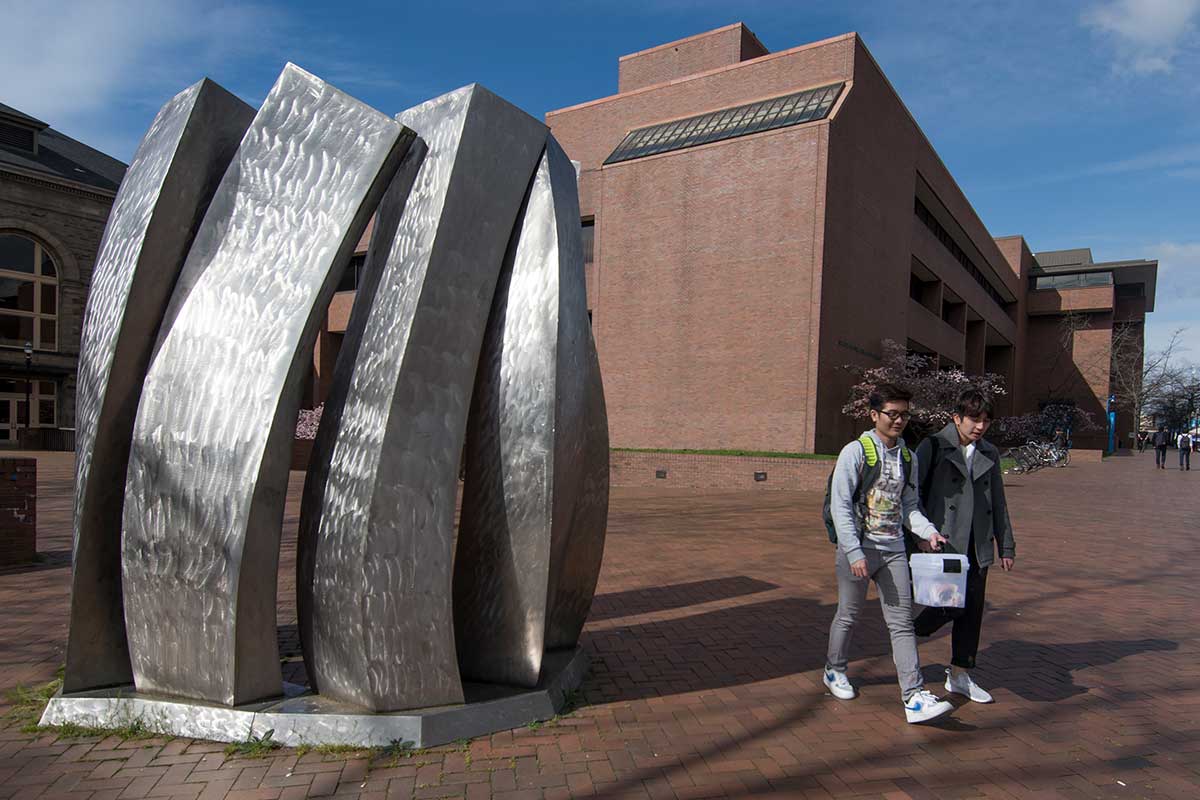Parts of BE building affected by flood

This message is to alert you to a major failure with the heating and cooling system in the Broadway Edison building on Seattle Central’s main Capitol Hill campus. This failure caused a flood of approximately 4,000 gallons of water treated with propylene glycol (pdf), a chemical used to lower the freezing temperature of the system.
Resources have been mobilized to limit the disruption to campus. Crews are onsite to contain the flood and clean affected areas. We are in the process of examining the full extent of the damage in order to develop a plan to return classrooms and other areas back to normal as quickly as possible, with an emphasis on making all spaces safe for teaching, learning and working.
Facilities impact
- Several classrooms and offices have been seriously damaged, including in the IT area on the third floor and the Culinary area on the second floor. We are working directly with the staff, faculty and students affected to identify alternate locations.
- The 1716 Harvard Ave. entrance is closed until further notice in order to stage cleanup equipment.
- Access to hallways on the west side of the building on first, second and third floors may be limited until further notice. Map of affected areas (pdf).
- Access to some computer labs may be limited for a period of time.
- The Culinary restaurants – One World dining room and Square One Bistro – will be closed until at least Wednesday.
- The ability to heat the building will be limited for the time being. This may cause certain areas to remain cooler than normal.
Health impact
- The safety of students, faculty and staff is the highest priority. After consulting with a Certified Industrial Hygienist, who is an expert on workplace safety and indoor air quality, we have determined the following:
- The spill of water treated with propylene glycol (pdf) carries very low risk of harm unless ingested.
- If this liquid comes into contact with your skin, wash with warm, soapy water.
- No harmful effects following inhalation are expected. You may notice a smell associated with the liquid, similar to automobile antifreeze. If this causes you discomfort or irritation, go outside for fresh air and alert the Campus Safety office.
- To help minimize the odor, the heating and cooling system has been modified to provide more continuous fresh air.
- We are attaching a materials safety data sheet (pdf) for your reference. This chemical is used in a variety of household products, including food, cosmetics, pharmaceuticals and more.
Thank you for your patience as we work to remedy this situation.